
The Innocence Files explores wrongful convictions in a Netflix documentary series
The Innocence Project has helped free more than 2,500 wrongfully-convicted people in the United States over the past three decades.
Thirty years ago, Levon Brooks was accused of sexually assaulting and killing a three-year-old girl in Mississippi. Despite having an alibi, he was sentenced to life in prison based on an analysis of bite marks. A few months later, a second girl was raped and murdered. Kennedy Brewer, the boyfriend of the victim's mother, was arrested and sentenced to death for the crime, based on an analysis similar to that of Levon Brooks.
These cases form the first episodes of The Innocence Files, the Netflix documentary series that delves into three of the main causes of wrongful conviction: the use of flawed forensic science — in this case "science" discredits the bite evidence — the misuse of eyewitness identification and prosecutorial misconduct. They also explore in-depth the role that prejudice, xenophobia and racism play within the criminal justice system.
The series was launched on Netflix on April 15, focusing on the cases of eight wrongfully convicted people in the United States: Kennedy Brewer, Levon Brooks, Keith Harward, Franky Carrillo, Thomas Haynesworth, Chester Hollman II, Kenneth Wyniemko and Alfred Dewayne Brown.
The Innocence Files began after Netflix reached a general agreement with The Innocence Project, a foundation created in 1992 by Peter Neufeld and Barry Scheck, who opened the case files to several directors involved with the series. The episodes were directed by American Jail director Roger Ross Williams along with Who Killed Garrett Phillips? director Liz Garbus and Citizen K director Alex Gibney.
RELATED CONTENT
The three parts of the series, “The Evidence,” “The Witness” and “The Prosecution,” devote three episodes to each theme and each part is created by Gibney, Garbus and Ross Williams.
"Each of us was responsible for our own set of episodes, their themes and knew we were working as a group, which was exciting because we all respect each other, but it's also exciting because we're all intensely competitive. We are serving to celebrate The Innocence Project,” Gibney said In an interview with Deadline.
The project receives thousands of letters and has gotten hundreds of people exonerated for crimes they didn't commit. The documentary filmmakers have an endless supply of these stories that reflect the problem of the mass incarceration crisis in the United States.
The filming of the series began just before the COVID-19 pandemic, so the directors have wanted to focus on the inequality and structural racism in American society, which affects populations such as African Americans and Latinos


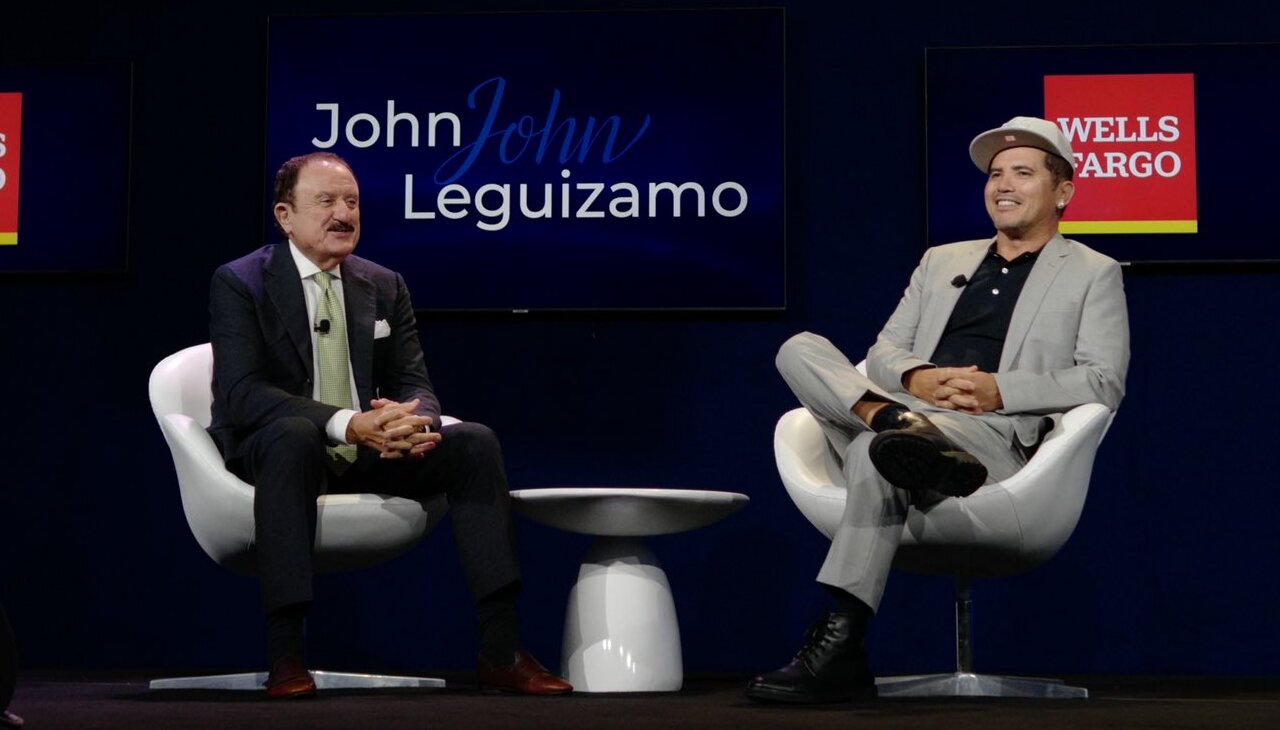
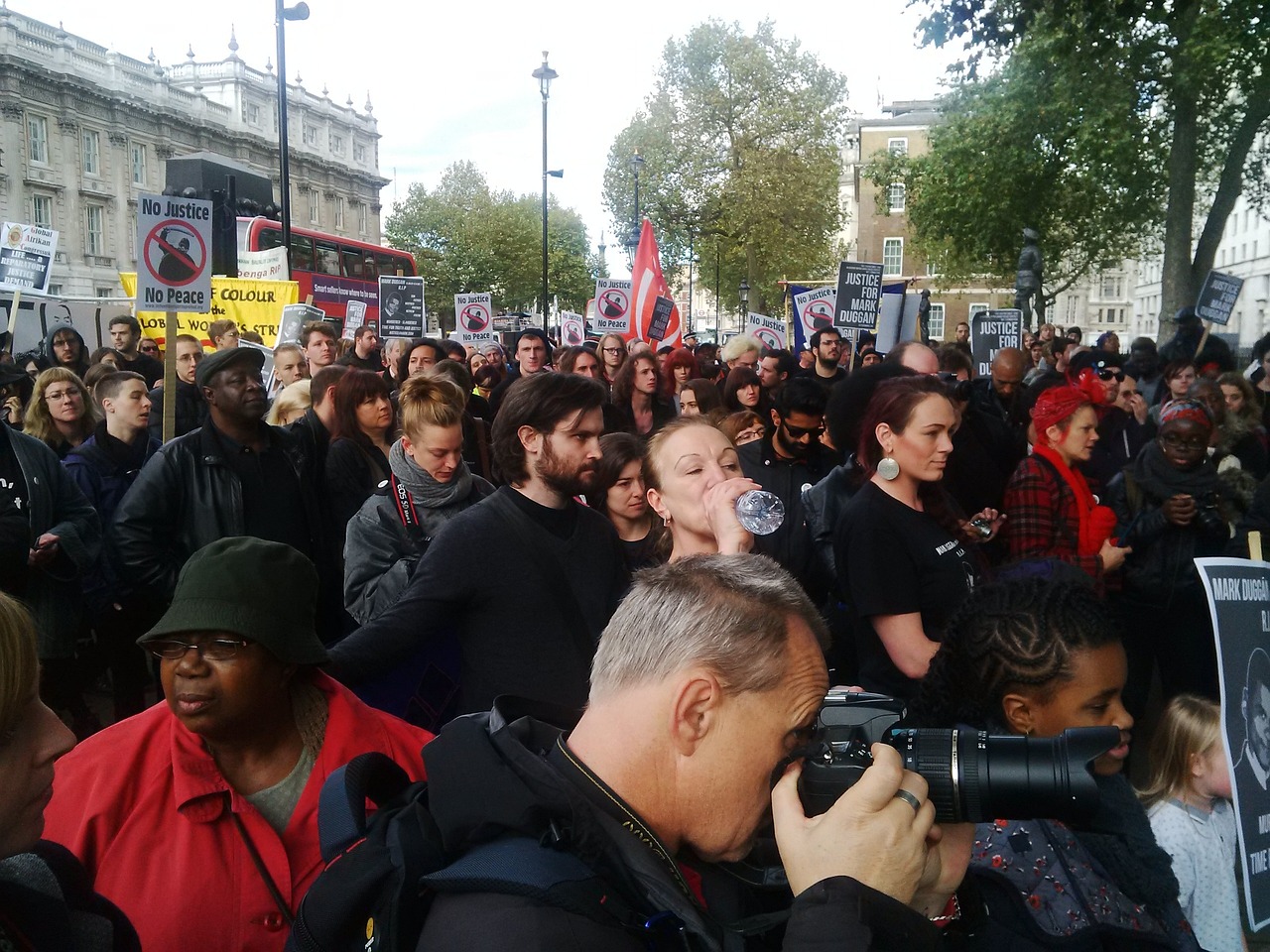
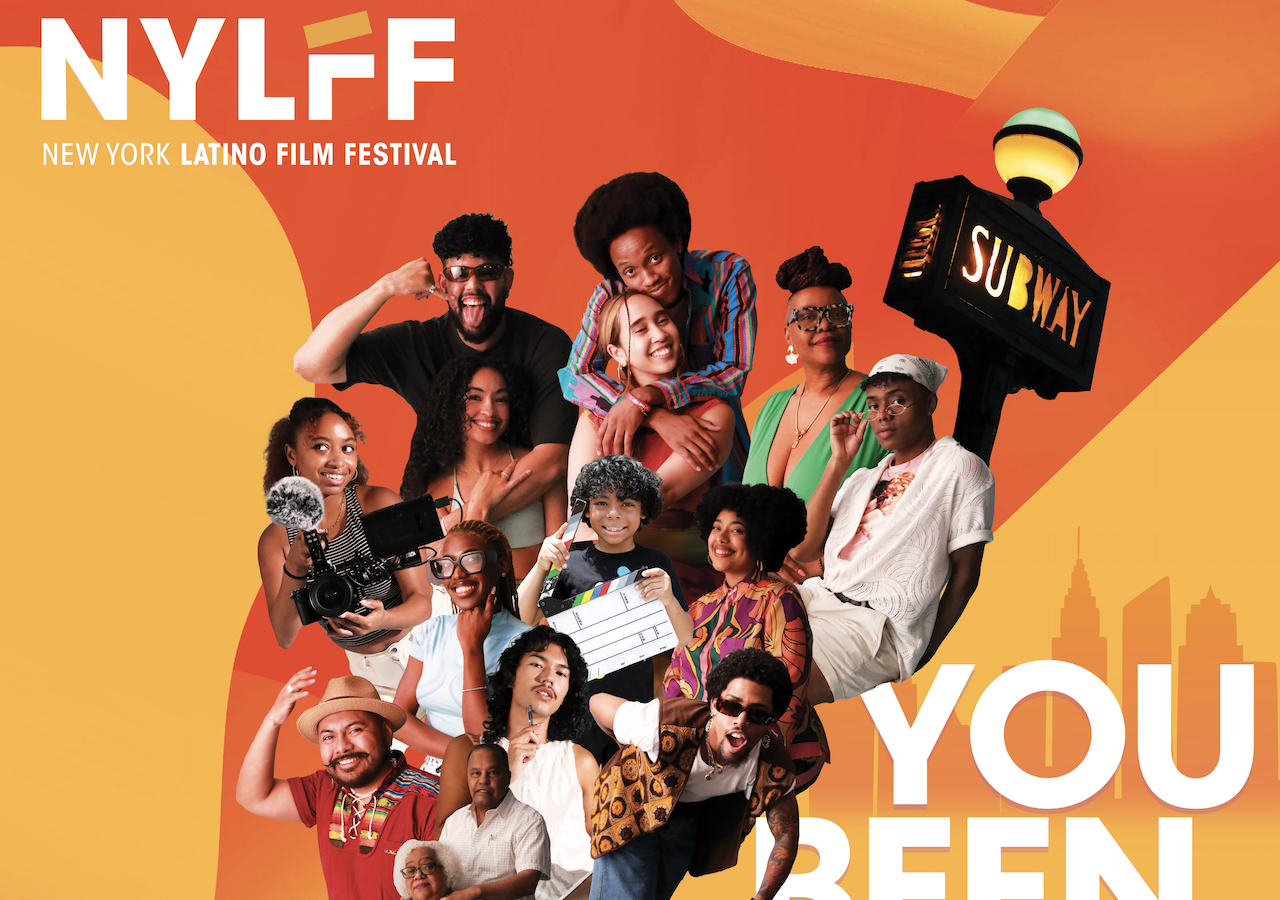
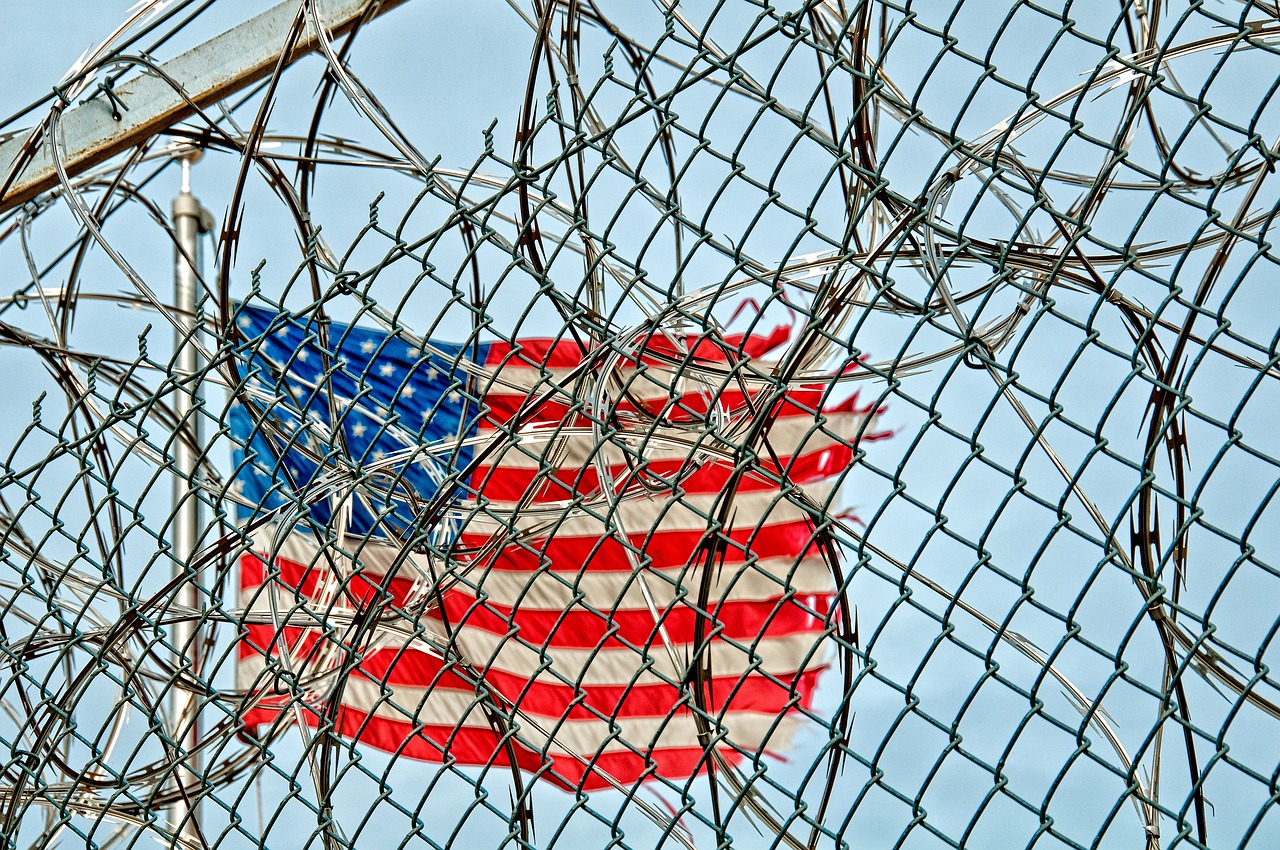


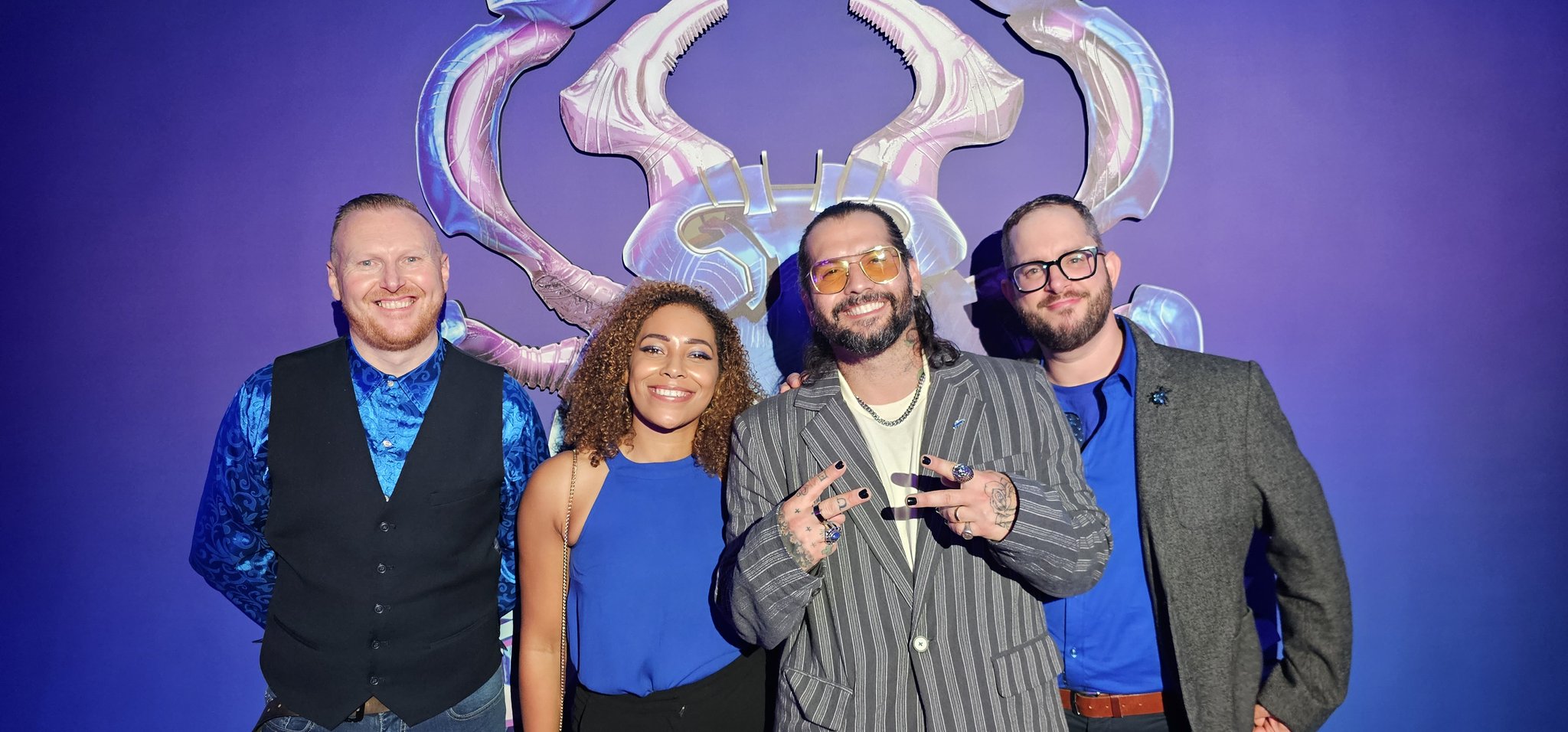


LEAVE A COMMENT:
Join the discussion! Leave a comment.